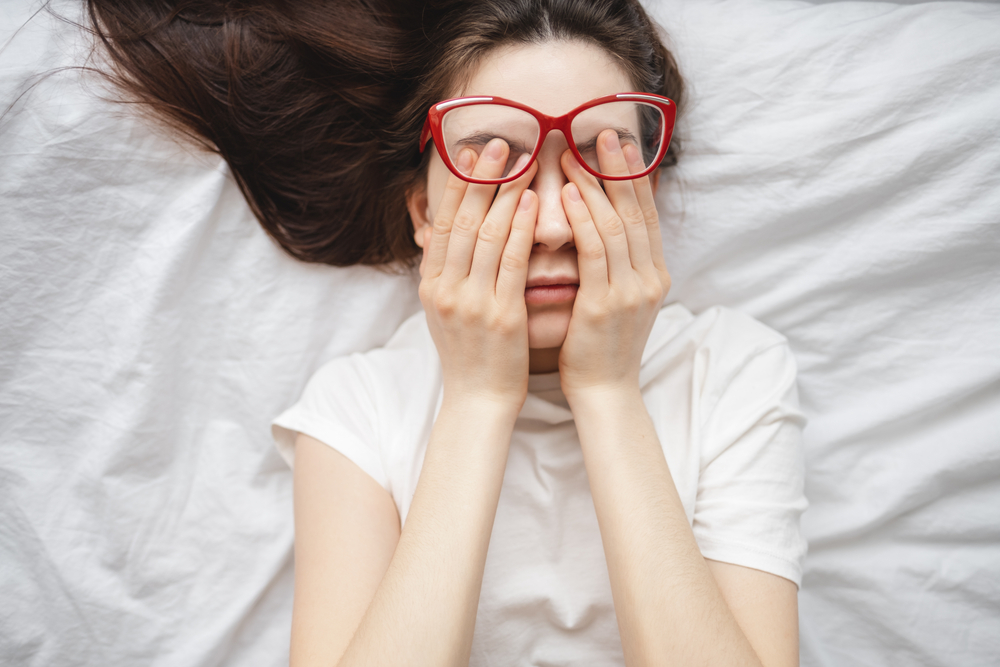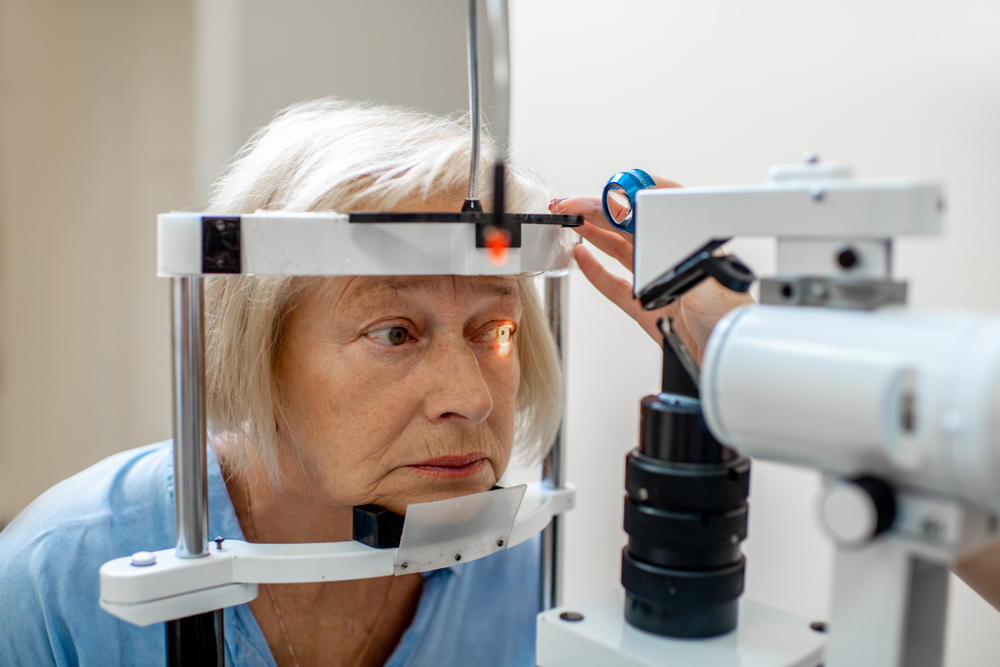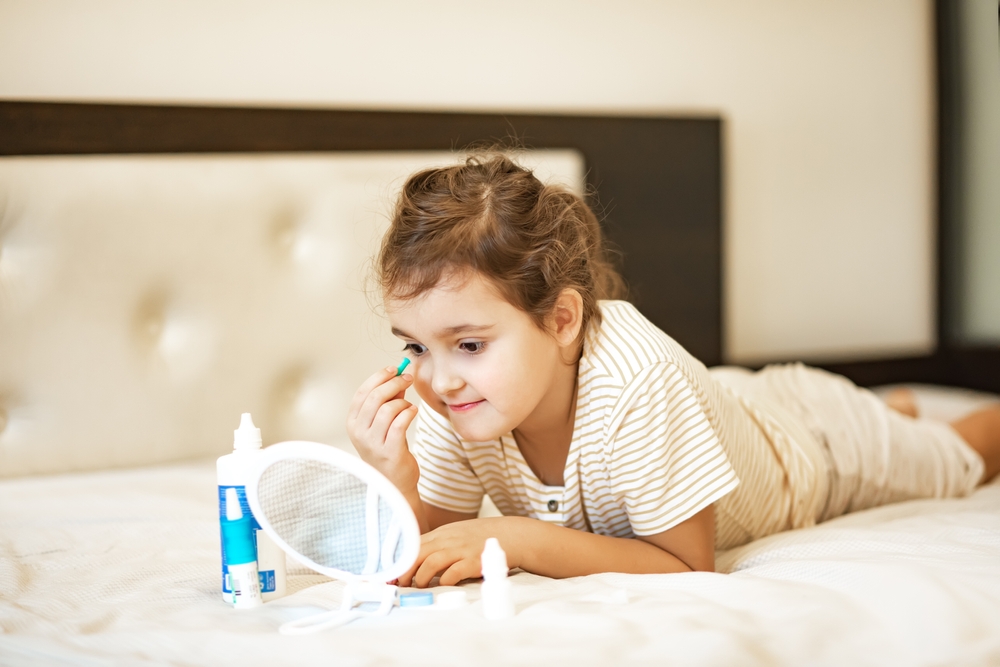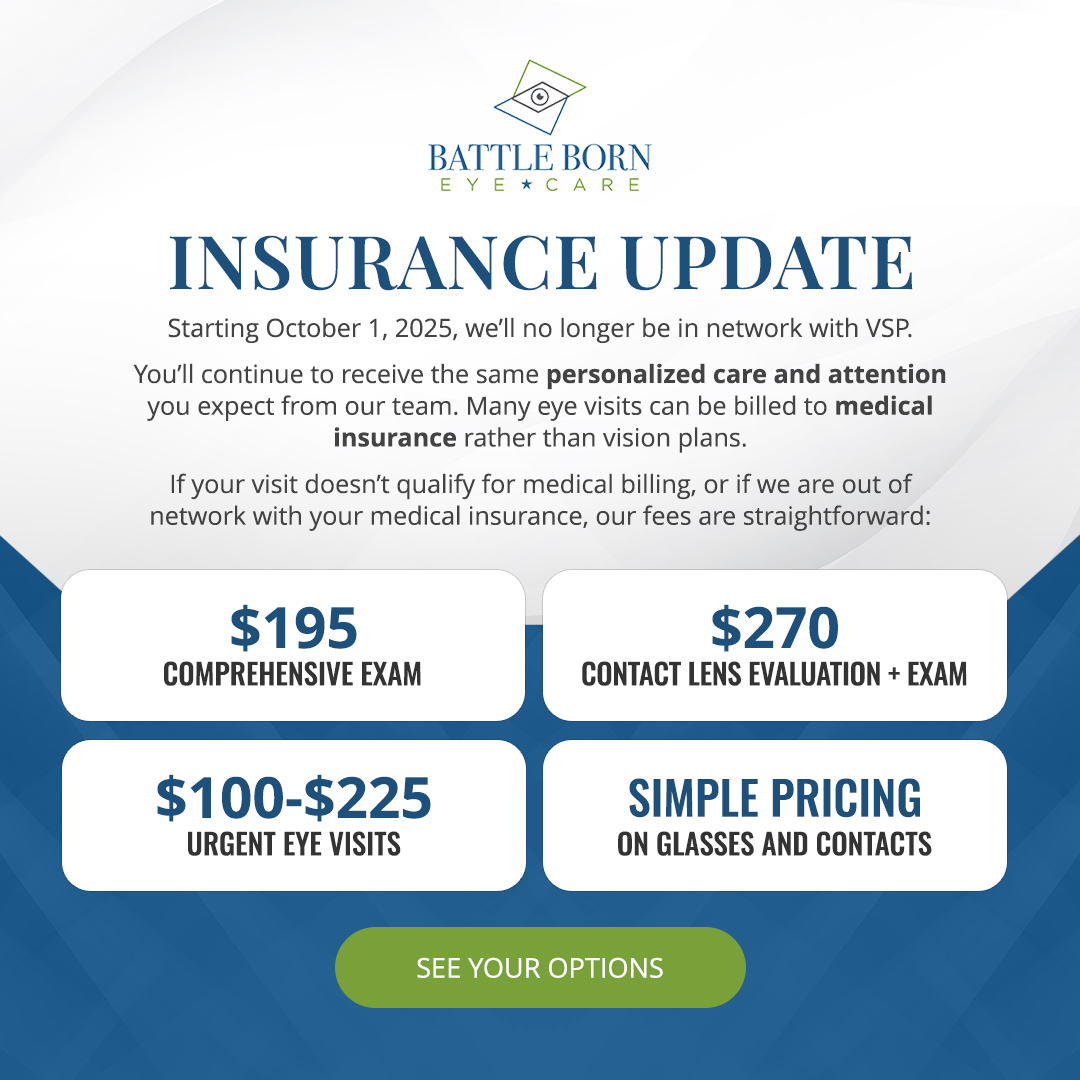Battle Born Eye Care Blog
Learn more about optometry care in our blog!

Screens are an everyday part of modern life, from work computers and tablets to smartphones and televisions. While digital devices help us stay productive and connected, prolonged screen use can put extra strain on your eyes.

While technology keeps us connected and productive, prolonged screen use can take a serious toll on your eyes. Many people experience discomfort without realizing that their symptoms are related to digital eye strain. Understanding the benefits of digital eye strain relief can help you protect your vision, improve comfort, and enhance your overall quality of life.

For many people, glasses are the go-to solution for improving vision. They’re easy, accessible, and effective for correcting common refractive errors like nearsightedness, farsightedness, and astigmatism. However, glasses aren’t always enough - especially for those with more complex or irregular eye conditions. In these cases, advanced contact lenses and personalized fittings from an experienced eye doctor in Reno can make a significant difference.

Keratoconus is a progressive eye condition that affects the shape and clarity of your vision. It occurs when the normally round cornea (the front surface of the eye) thins and bulges into a cone-like shape. This irregular shape prevents light from focusing correctly on the retina, resulting in distorted and blurred vision. Understanding how keratoconus develops and progresses over time can help patients recognize symptoms early and explore treatment options that can protect their sight.

Corneal ectasia is a progressive eye condition that weakens and thins the cornea, the clear, dome-shaped surface at the front of your eye. Over time, this thinning causes the cornea to bulge outward, leading to distorted vision. While it can occur naturally, corneal ectasia most often develops as a rare complication after refractive surgeries.

In our increasingly digital world, many people spend hours each day focusing on screens, reading, or completing other up-close visual tasks. While our eyes and brains are capable of incredible things, prolonged near work can lead to uncomfortable symptoms - often tied to a condition known as binocular vision dysfunction (BVD). Neurolens is a breakthrough lens technology designed to help address these symptoms and improve comfort for your eyes and your entire visual system.

Myopia is becoming more common in children than ever before. If your child has trouble seeing the board at school but can see up close just fine, they may have myopia. While it might seem like a simple vision problem that can be fixed with glasses, untreated myopia can lead to more serious eye health issues as your child grows older.

When traditional contact lenses or glasses aren’t enough to provide clear vision or comfort, scleral lenses offer a life-changing alternative for many patients. At Battle Born Eye Care, we specialize in fitting scleral lenses for individuals who have complex vision needs, including those with corneal scars, keratoconus, or eye injuries. These advanced lenses provide a customized and comfortable solution when standard corrective options fall short.

Keratoconus is a progressive eye condition that affects the shape and clarity of the cornea. In a healthy eye, the cornea is round and dome-shaped. But in keratoconus, it gradually thins and bulges outward into a cone-like shape, leading to distorted vision, increased light sensitivity, and difficulty seeing clearly, especially at night. But who is at risk for developing this condition?

If you spend a lot of time on digital devices or struggle with chronic headaches and eye discomfort, you might be dealing with eye misalignment. At Battle Born Eye Care, we offer an innovative solution that’s helping many of our patients find lasting relief: Neurolens glasses.











